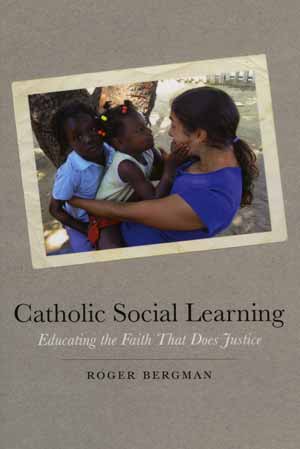If it is obvious that Christians would want to end extreme poverty, why haven’t we? Todd argues it is because we do not believe we can, based on a serious misunderstanding of Jesus’ words in John  12:8: “The poor are always with us.”
12:8: “The poor are always with us.”
Many biblical scholars maintain that Jesus was addressing Judas and Judas’ mistaken priorities when he objects to the pouring out of expensive oils on Jesus’ feet. Judas argues that the oils could be sold to benefit the poor. When Jesus admonishes Judas, it is because he is asking Judas to value his presence while he is with his apostles, not making a blanket statement about accepting poverty as inevitable.
Todd recommends taking up the ancient practice of fasting as a starting place to serve the poor by experiencing what they experience. Abstaining from food voluntarily is not the same as being forced to go hungry, but if enough Christians fast it could create, in Todd’s opinion, an outpouring of love and service because we will know something of how they feel.
Roger Bergman, a professor at Creighton University and the author of “Catholic Social Learning,” has a less ambitious goal than Todd, but both authors seek the same end: to move Christians to greater service to the poor. Bergman’s book focuses on assisting teachers of social justice at Catholic universities to inspire students to engage in a faith that produces justice.
Some of Bergman’s students travel to the Dominican Republic and live in the homes of the people they serve. After the initial shock of shifting from First World comfort to Third World discomfort, students often experience feelings of deep shame. While Bergman acknowledges that certain forms of shame are unhealthy, this form of shame is a kind of self-indictment for living in a culture that wastes resources, ignores global poverty and fosters self-centeredness. Students often discover that the programs they have set up are neither helpful nor wanted. Eventually, they come to understand the poor are best equipped to judge what kind of assistance is helpful.
“Catholic Social Learning” is not a book for the general reader; it is a scholarly work, when Bergman makes assertions there is plenty of evidence to support his arguments. Todd is more like a brilliant preacher rousing his congregants to social action. Unfortunately, too many Christians in the First World enjoy the excitement of hearing the Gospel preached in fresh and challenging ways in church, only to return home to a large, nap-producing Sunday dinner.
Yearley received his certificate of advanced study in theology at the Ecumenical Institute at St. Mary’s Seminary and University in Baltimore.
